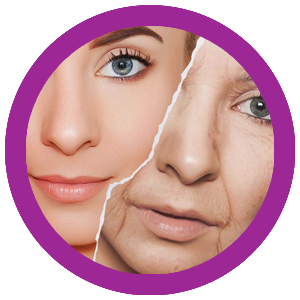The Science &
Clinical Applications
The Science & Clinical Applications
Exosomes are small membrane vesicles secreted by most cell types, Internal vesicles form by the inward budding of cellular compartments known as multivesicular endosomes (MVE).
When MVE fuse with the plasma membrane, these internal vesicles are released as exosomes, which can travel to distant tissues to influence various aspects of cell behavior and physiology.
Exosomes Are Not Small Cells
- Does not contain DNA.
- Does not contain Mitochondria.
- Does not contain Golgi Apparatus
- ~1/1,000 the size of a cell.
- Direct cell to cell communication.
Extracellular vesicles (EV’s)
Extracellular vesicles (EV’s) consist of exosomes and microvesicles which are released directly from the cell membrane. EV’s can mediate cell–cell communication and are crucial in many processes including immune signaling, angiogenesis, stress response, senescence, proliferation, and cell differentiation. EV’s are involved in restoring tissue and organ damage and may partially explain the paracrine effects observed in stem cell- based therapeutic approaches. The function and content of EV’s may also harbor information that can be used in tissue engineering, in which paracrine signaling is employed to modulate cell recruitment, differentiation, and proliferation.
Growth Factors & Cytokines
Growth factors are proteins that may act locally or systemically to affect the growth of cells in several ways. Various cell activities, including division, are influenced by growth factors. Cytokines are a family of low-molecular-weight proteins that are produced by numerous cell types and are responsible for regulating the immune response, inflammation, tissue remodeling and cellular differentiation. Target cells of growth factors and cytokines are mesenchymal, epithelial, and endothelial cells. These molecules frequently have overlapping activities and can act in an autocrine or paracrine fashion. A complex network of growth factors and cytokines guides cellular differentiation and regeneration in all organs and tissues.
Paracrine Signaling
Paracrine signaling is a form of cell-to-cell communication in which a cell produces a signal to induce changes in nearby cells, thus altering the behavior of those cells. Signaling molecules known as paracrine factors diffuse over a relatively short distance (local action), as opposed to endocrine factors (hormones which travel considerably longer distances via the circulatory system), juxtacrine interactions, and autocrine signaling.
Extracellular vesicles (EV’s)
Extracellular vesicles (EV’s) consist of exosomes and microvesicles which are released directly from the cell membrane. EV’s can mediate cell–cell communication and are crucial in many processes including immune signaling, angiogenesis, stress response, senescence, proliferation, and cell differentiation. EV’s are involved in restoring tissue and organ damage and may partially explain the paracrine effects observed in stem cell- based therapeutic approaches. The function and content of EV’s may also harbor information that can be used in tissue engineering, in which paracrine signaling is employed to modulate cell recruitment, differentiation, and proliferation.
Growth Factors & Cytokines
Growth factors are proteins that may act locally or systemically to affect the growth of cells in several ways. Various cell activities, including division, are influenced by growth factors. Cytokines are a family of low-molecular-weight proteins that are produced by numerous cell types and are responsible for regulating the immune response, inflammation, tissue remodeling and cellular differentiation. Target cells of growth factors and cytokines are mesenchymal, epithelial, and endothelial cells. These molecules frequently have overlapping activities and can act in an autocrine or paracrine fashion. A complex network of growth factors and cytokines guides cellular differentiation and regeneration in all organs and tissues.
Paracrine Signaling
Paracrine signaling is a form of cell-to-cell communication in which a cell produces a signal to induce changes in nearby cells, thus altering the behavior of those cells. Signaling molecules known as paracrine factors diffuse over a relatively short distance (local action), as opposed to endocrine factors (hormones which travel considerably longer distances via the circulatory system), juxtacrine interactions, and autocrine signaling.
Clinical Applications

HAIR THERAPY
Using Cellgenic Exosomes as a treatment for hair loss has shown prominent hair growth results in both men and women. It’s highly recommended for those who are too young for hair transplant surgery and for those within the earlier stages of the hair loss cycle.

BEAUTY / SKIN CARE
Cellgenic Exosomes and its components may help to restore both the youthful contour and shape of the face as well as provide a marked improvement in skin quality, tightness and color irregularities caused by the aging process and exposure to the sun and environment.

PAIN MANAGEMENT
Relief pain and discomfort, these procedures may potentially stimulate repair as opposed to blocking or masking the pain and discomfort.
Common Conditions treated with Cellgenic Exosomes: Osteoarthritis, Knee Pain, Shoulder Pain, Nerve Pain, Tendonitis, Osteopathies, Slow & non healing wounds/burns.

ANTI AGING EFFECT
By exposing the cells of an older organism to those of a younger organism we can see that exosomes from the young stem cells are responsible for rejuvenating the older cells. This healing mechanism can now be used in regenerative medicine.

COADJUTANT THERAPY FOR THE MANAGEMENT OF CHRONIC DEGENERATIVE DISEASES
A degenerative disease comes from a continuous deterioration of cells, affecting tissues or organs. An immune response may be enhanced or suppressed by exosomes depending on their cell of origin and its functional state.
Stem cell derived exosomes have been reported to impair dendritic cell maturation and to regulate the activation, differentiation, and proliferation of B cells. They have been shown to control natural killer cell activity and to suppress the innate immune response (IIR).
Get it Touch!
Address
Global Stem Cells Group Inc Datran Center 9100 S Dadeland Boulevard, Suite 1500. Miami Fl. 33156 United States
Phone
+1 305 560 5337
info@stemcellsgroup.com
cellgenic_exosomes

